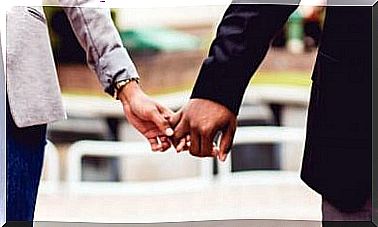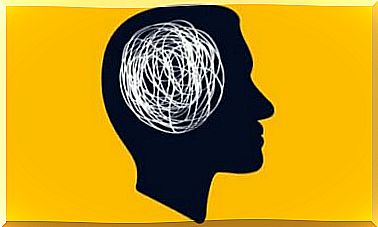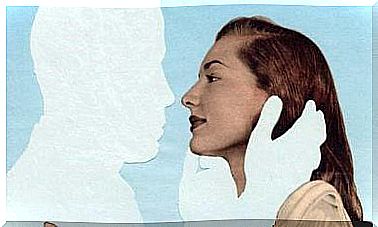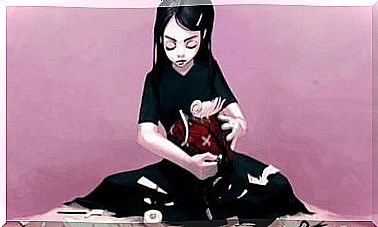Malformations Of The Face And The Unexpected Effects Of Them
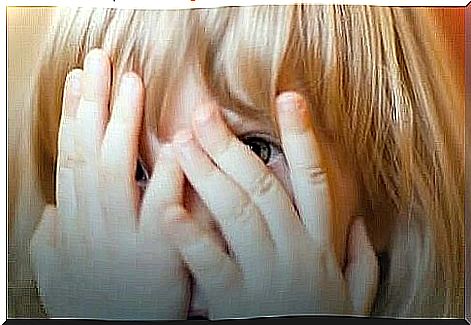
Your facial structure has a huge effect on the development of your identity as a whole, especially your social identity. Today we will talk about deformities of the face and the unexpected effects of them.
You know other people by their face, not by their hands, legs or body. In some European societies, people view facial deformities, scars, or very pronounced wrinkles as defects.
Depending on the context, the effects of facial deformities can range from moderate to severe. In some cases , the influence they have on a person’s emotional state can be very violent. This is especially true when these scars occur in early childhood. Alternatively, this can happen in environments where people value physical appearance.
Facial malformations and interactions
People with physical differences tend to have special interactions with the world. One study found that many people react to people with facial deformities or scars by keeping their distance or ignoring. Although these may seem like small gestures, they can have a great psychological impact. They are subtle ways of rejecting people with physical differences on a daily basis.
On the other hand, facial differences get unwanted attention in public spaces. Someone with a “normal” face does not have to deal with the attention of strangers. When it comes to people with facial deformities, there are many strangers who place extra emphasis on these traits. Sometimes they can even make unwanted comments about them. Basically, it is as if they have no right to be anonymous in public. They are always the subject of public attention.
Facial scars and fate
People tend to look at another person’s face when talking about them. Whether consciously or unconsciously, faces remind you of certain symbols. For example, there was a story on the news about an Ecuadorian family who rejected their daughter because she was born with a big purple mark on her face. They took it as a sign of misfortune because of a certain superstition they believed in, and that was why they decided to leave her.
Humans can associate facial deformities with “ugly”, “evil” or “eerie” symbolism. In fact, a study conducted by researchers in Europe in 2008 claims that up to 56% of people with this type of facial features show signs of depression.
Surprisingly, another study conducted by researchers in the UK showed that teenagers with cleft palate or congenital craniofacial defects showed a higher level of self-acceptance than people with normal faces. However, this study did not discuss the possible reasons why this happened.

Facial malformations: The road to self-acceptance
A person with facial deformities, pimples, or other visible facial lesions may have difficulty. These conditions can easily lead to isolation. Alternatively, they can lead to a sense of shame.
The same group of researchers we mentioned above who conducted a study in 2008, discovered that half of their sample population with facial malformations had problems with self-esteem. And 21% suffered from anxiety and 26% generally felt angry and frustrated with life.
As with many other difficult life situations, it is possible for people to cope with and overcome the possible psychological effects of facial deformities. The key is to focus on self-acceptance. Although it is not a process without ups and downs, it is achievable.
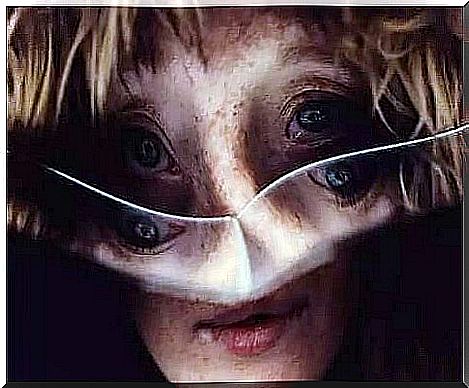
A person with visible malformations should seek psychological help if they need it, as studies tell us that those who face great challenges and overcome them, tend to become wiser and also develop better mental resources that can help them live exemplary lives. .
